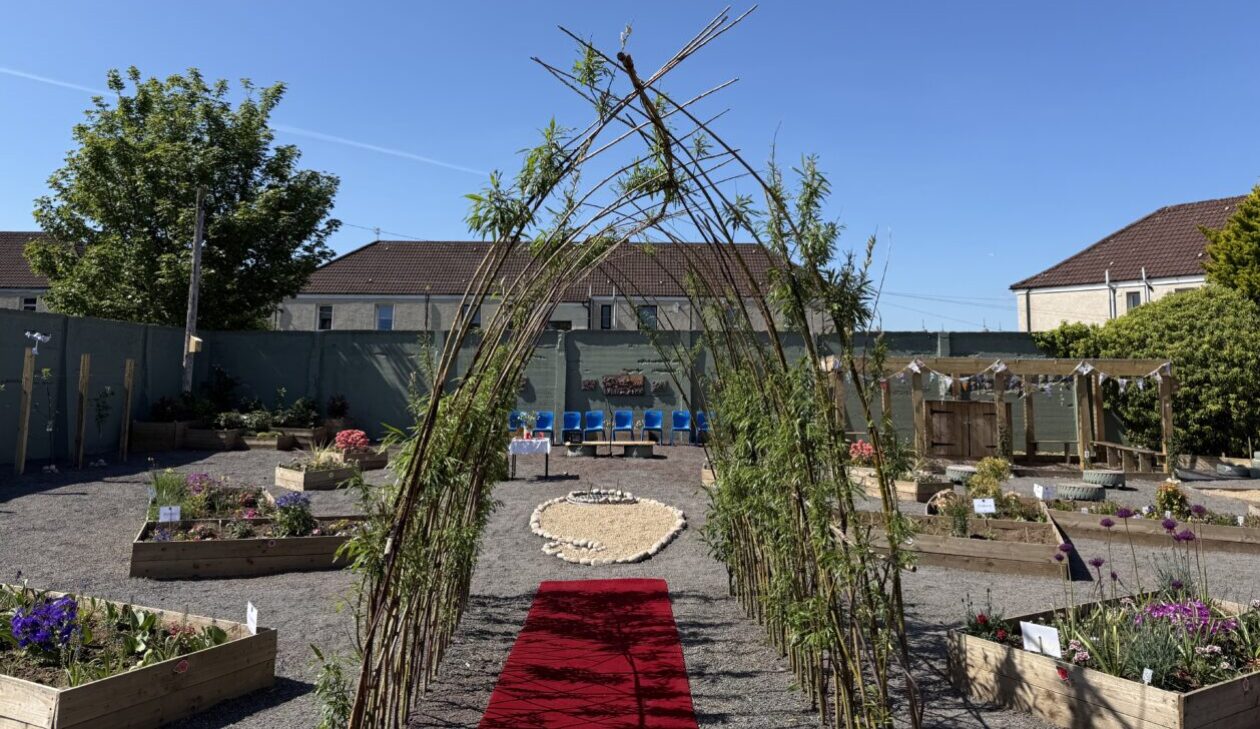The inspiration and power of the arts play a vital role in enabling our children and young people to enhance their creative talent and develop their artistic skills.
By engaging in experiences within the expressive arts, children and young people will recognise and represent feelings and emotions, both their own and those of others. The expressive arts play a central role in shaping our sense of our personal, social and cultural identity. Learning in the expressive arts also plays an important role in supporting children and young people to recognise and value the variety and vitality of culture locally, nationally and globally.
Learning in, through and about the expressive arts enables children and young people to:
•be creative and express themselves in different ways
•experience enjoyment and contribute to other people’s enjoyment through creative and expressive performance and presentation
•develop important skills, both those specific to the expressive arts and those which are transferable
•develop an appreciation of aesthetic and cultural values, identities and ideas and, for some,
Prepare for advanced learning and future careers by building foundations for excellence in the expressive arts.
The framework then begins with experiences and outcomes for presentation and performance across the expressive arts, followed by the experiences and outcomes in:
•art and design
•dance
•drama
•music
This framework provides children and young people with opportunities to be creative and imaginative, to experience inspiration and enjoyment and to develop skills in each of these areas. Participation enables children and young people to experience and enjoy the energy and excitement of performing and presenting for different audiences and of being part of an audience for others.

